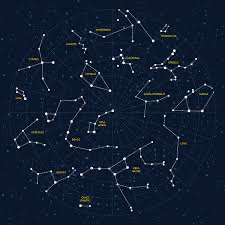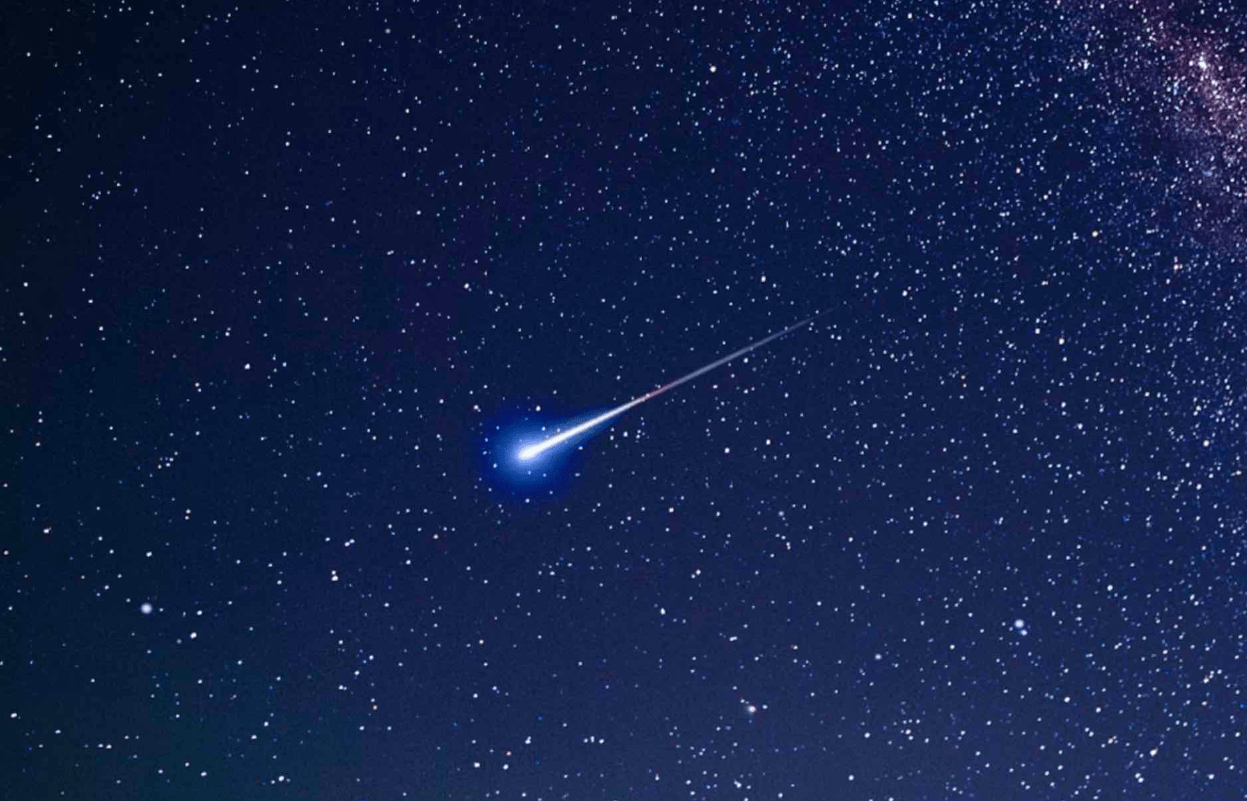 What moon phase is this?
What moon phase is this?
Full Moon
Which dwarf planet was once apart of our Solar System?
Pluto
The Sun is a _______?
Star
What word means......... having no limits?
infinite
Which country's national animal is a unicorn?
Scotland
The length of time that it takes Earth to rotate.
24 hours about 12 hours of day and 12 hours of night.
How long does a rotation of the earth around it's axis take?
about 24 hours.
What is the Hubble?
A. spacecraft
B. telescope
C. robotic space rover
telescope
What is the distance between Earth and Moon?
A. 1000 km
B. 57,000 km
C. 384,400 km
384,400 km
A group of stars forming a recognizable pattern.

Constellations
What is the largest planet in our solar system.
Jupiter.
What galaxy do we reside in?
The Milky Way
What is the study of space called?
Astronomy
Another name for 'Shooting Stars'

Meteors.
it’s a small piece of rock or dust. When it enters the Earth’s atmosphere, it burns up to make the light you see.
What year did the first man walk on the moon?
A. 1935
B. 1960
C. 1968
D. 1980
1968
Which planet has the most moons?
Saturn, it 145 moons.
Jupiter only has 95.
How long is Earth's orbit?
365 days (1 year)
What are the "rock planets"
Mercury, Venus, Earth and Mars.
For a rocket to get into Space, how fast must it travel
A. 375 km / hr
B. 3000 km / hr
C. 28,350 km / hr
28,350 km / hr
What causes us to have four seasons?
A. The moon is tilted
B. The earth is tilted
C. People like different seasons
B. The earth is tilted
Which planet rotates on its axis the fastest?
Jupiter: 10 Earth hours
What is the name for the path that a planet takes around the Sun?
A. Orbit
B. Path
C. Planetary Route
Orbit
What is a small rocky body orbiting the sun?
Asteroid
What is the temperature in most parts of Outer Space?
A. -100º C
B. –271º C
C. –980º C
–271º C!
Absolute zero occurs at a temperature of –273.15º C!
